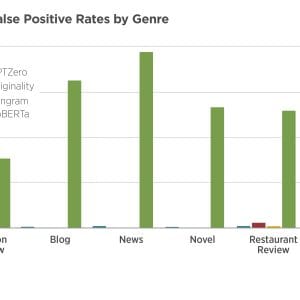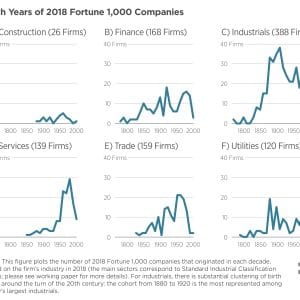- About
- Network
- Research Initiatives
- Big Data Initiative
- Chicago Experiments Initiative
- Health Economics Initiative
- Industrial Organization Initiative
- International Economics and Economic Geography Initiative
- Macroeconomic Research Initiative
- Political Economics Initiative
- Price Theory Initiative
- Public Economics Initiative
- Ronzetti Initiative for the Study of Labor Markets
- Socioeconomic Inequalities Initiative
- Research Initiatives
- Scholars
- Research
- Introducing The SPEAK: A Scalable Computer- Adaptive Tool to Measure Knowledge of Early Human DevelopmentCaroline Gaudreau, Dani Levine, John List, and Dana SuskindHuman Capital Accumulation Across SpaceKlaus Desmet, Dávid Krisztián Nagy, and Esteban Rossi-HansbergBond-Stock ComovementsJohn Y. Campbell, Carolin Pflueger, and Luis M. Viceira
- Insights
Videos
BFI Youtube Channel
- Events
Upcoming Events
- News
















